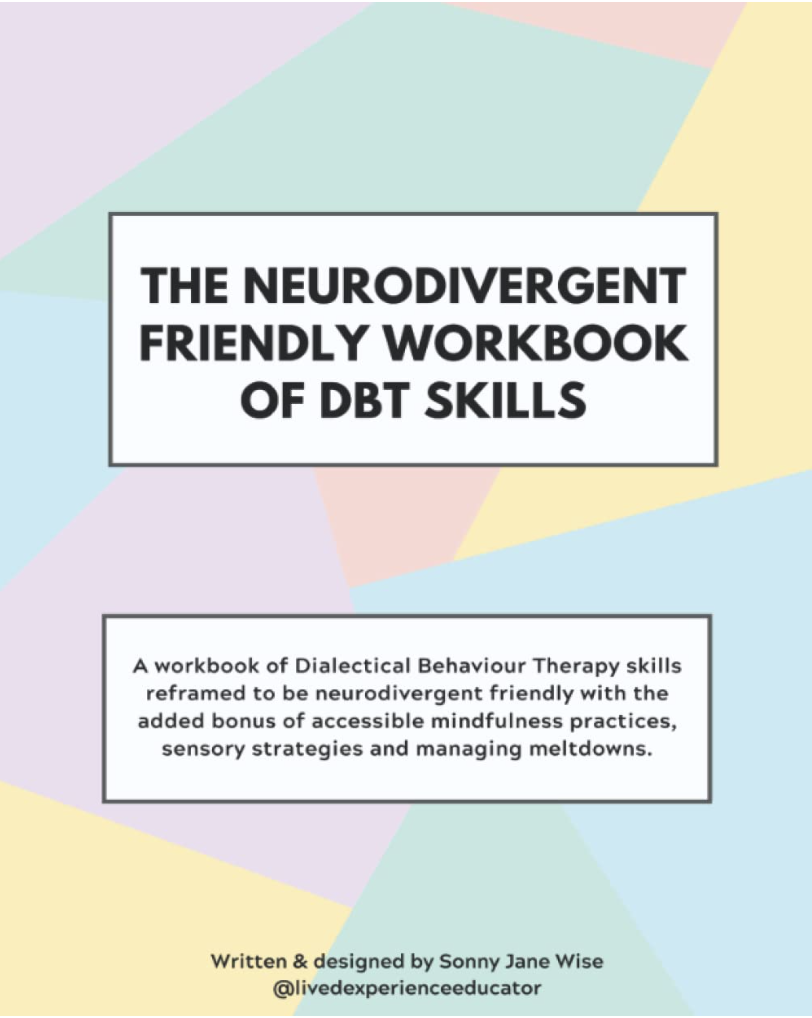Mental Health Support for Neurodivergence in Whitefish Bay, WI
Having a neurospicy brain can be really tricky. Especially if you’ve just recently found out about it.
A lot of people come to us after being diagnosed later in life - or not even being officially diagnosed but putting some pieces together, especially after realizing their kids have neurodivergent characteristics as well.
That’s a lot to sort through.
How did everyone miss this?
What does this mean going forward?
Man, I have a lot of grief over this.
How can I support my kids when their needs compete with mine?
How do I talk to my partner about what I need?
Well, I guess that explains a lot.
I’m really mad. And sad
We can help. We can help sort through all of those feelings and questions. We can help you work with your brain, not against it. We can help you learn skills to cope when things do feel overwhelming. Together, we will develop skills to help you manage your specific form of neurodivergence or highly sensitive, as well as implement strategies for staying regulated.
Neurodivergence and being highly sensitive can mean so many different things for different people, but it doesn’t have to feel like a failure. The first step is finding a therapist that can help you with that.
If you’d like to see if one of our therapists is a good fit for you, click the button below to fill out our new client inquiry form and get started!
FAQs About Mental Health Support for Neurodivergent People
-
It can include a lot of things: ADHD, autism, and things like sensory processing disorder. We like using the term neurospicy, because it’s all a spectrum.
Historically, people who are neurodivergent have not been treated well. All of these diagnoses are just differences, not deficits. It can still feel like a problem or failure to suspect neurodivergence in yourself or your child - but it isn’t. It’s just a difference in the way brains work.
-
Someone who has more sensory sensitivities than other people. Often, it relates to how we experience other people, or how we react to things in our environment.
-
Again, this can look different for everyone. But if it’s impacting your well being or ability to enjoy your life - it’s something we can help with.
-
I mean, you can’t. It’s the way your brain works. There are ways to understand the way you experience the world and cope with how that feels, and that’s all stuff we can help with.
-
Like with therapy for other situations, the length of time someone engages in therapy can vary a lot. It depends on the circumstances around what you’re working on, how intrusive it is in your life, and what you want out of therapy. It can also depend on how often you come and what you are doing outside of session to support working on your mental health. Your clinician will work with you to find the balance that is right for you.
-
Our (pretty biased) opinion is that therapy can be right for just about anyone who wants to make changes in their life or feels like they need it. We believe that you know yourself best, and if it feels like something isn’t right - you deserve the help you want to feel better.
-
At ERA, we have several tiers of clinician pricing. You can find our full fee schedule here: https://www.erawellnesstherapy.com/fees
An intake (first session) ranges from $60-$200 depending on the clinician, ongoing 50 minute sessions range from $50-$150 depending on clinician. At times, we do have some sliding scale spots available. If this is needed, please ask your clinician during the consultation call.






